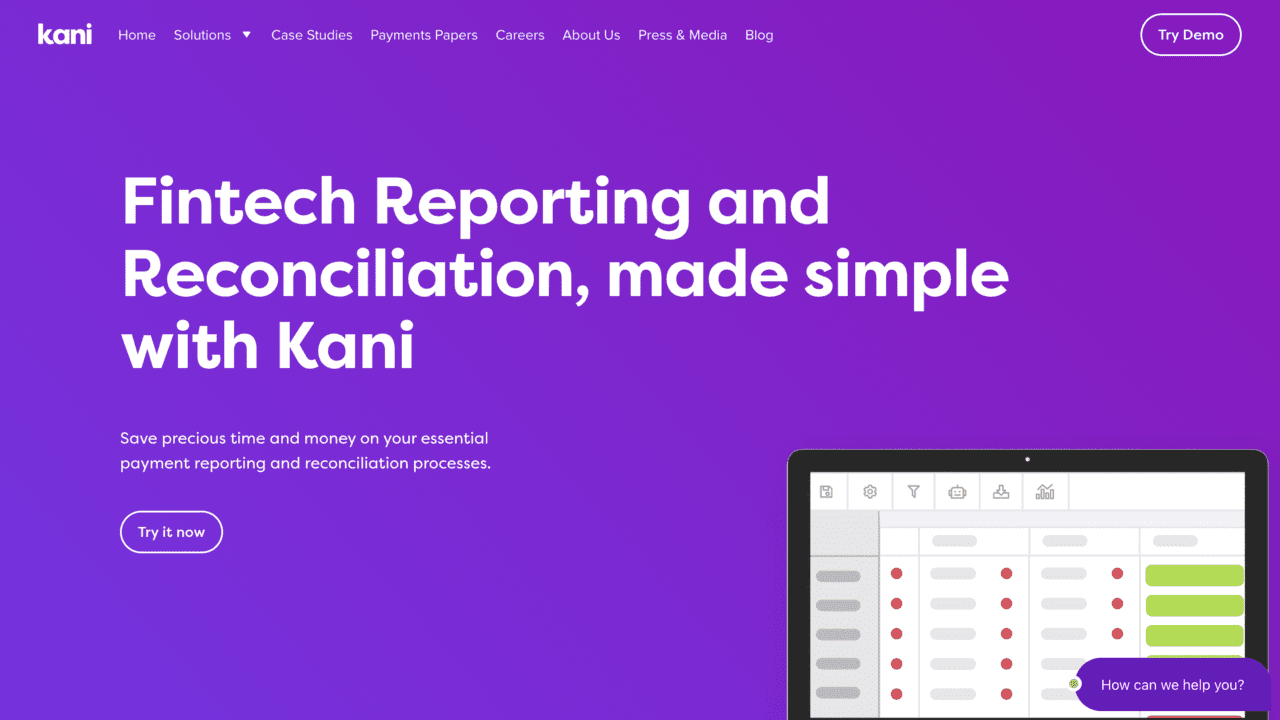
- Core banking platform provider Tuum announced a partnership with debt management specialist Flexys.
- The partnership will help banks improve their debt collection workflows.
- Tuum won Best of Show in its Finovate debut at FinovateEurope earlier this year.
U.K.-based core banking platform Tuum has teamed up with debt management specialist Flexys. The partnership will help banks streamline and enhance their debt collection processes at a time when legacy core systems are limiting financial institutions’ ability to better serve their customers. These “old cores” also make it more difficult for FIs to keep up with stricter regulations surrounding credit and debt management.
“Flexys and Tuum are tackling debt management pain points head-on,” Tuum VP of Global Partnerships Jean Souto said. “Our partnership gives banks high-tech tools to streamline collections from end-to-end, reducing hassles through automation – a win for everyone involved.”
The partnership will help banks deal with the dual problem of tightening regulations and outdated, cumbersome debt management technology. Not only can legacy core systems inhibit the ability of financial institutions to readily meet compliance requirements, they can also fall short when it comes to providing more personalized service to customers. Integrating the two platforms enables FIs to swap out their old core systems in favor of cloud-based, debt collection workflows, and benefit from real-time data to help personalize the experience for each customer.
“We’re thrilled to team up with Tuum and help banks break out of the legacy debt management rut,” Flexys CEO James Hill said. “With our integrated platforms, lenders can ditch inefficient processes in favor of frictionless digital experiences that genuinely support customers when they need it most.”
U.K.-based Flexys offers state-of-the-art debt management solutions that enable financial institutions to automate and digitize their customer interactions. The company’s flagship offering, Control+, is a cloud-native, real-time, “intelligent debt resolution” platform that provides enterprise-grade collections functionality from digital self-serve to agent management and recoveries. Founded in 2016, Flexys began this year partnering with another Finovate alum, Thought Machine, which integrated Flexys’ Control+ platform into its core banking solution, Vault Core.
Tuum made its Finovate debut at FinovateEurope 2024, winning Best of Show in its demonstration of its modular, cloud-native, API-first banking platform. In the months since then, the company has forged partnerships with Islamic fintech solution provider DDCAP Group, digital banking and wealth management firm CREALOGIX, and KYB/KYC automation solutions company TransactionLink. In June, Tuum announced a strategic partnership with open banking company Ozone API. The union will help Tuum’s bank and financial institution customers comply with open banking regulations.
“Our collaboration with Tuum marks a new chapter for open banking and finance globally,” said James Bushby, Ozone API GM for Europe and Global Partnership Lead. “Our combined strengths will enable financial institutions to tackle compliance challenges while harnessing the immense opportunities of open banking.”
Founded in 2019, Tuum has raised more than $48 million in funding according to Crunchbase. In March, the company announced that Citi Ventures has become a strategic investor in the firm as a follow-on to its Series B round.
Photo by micheile henderson on Unsplash














